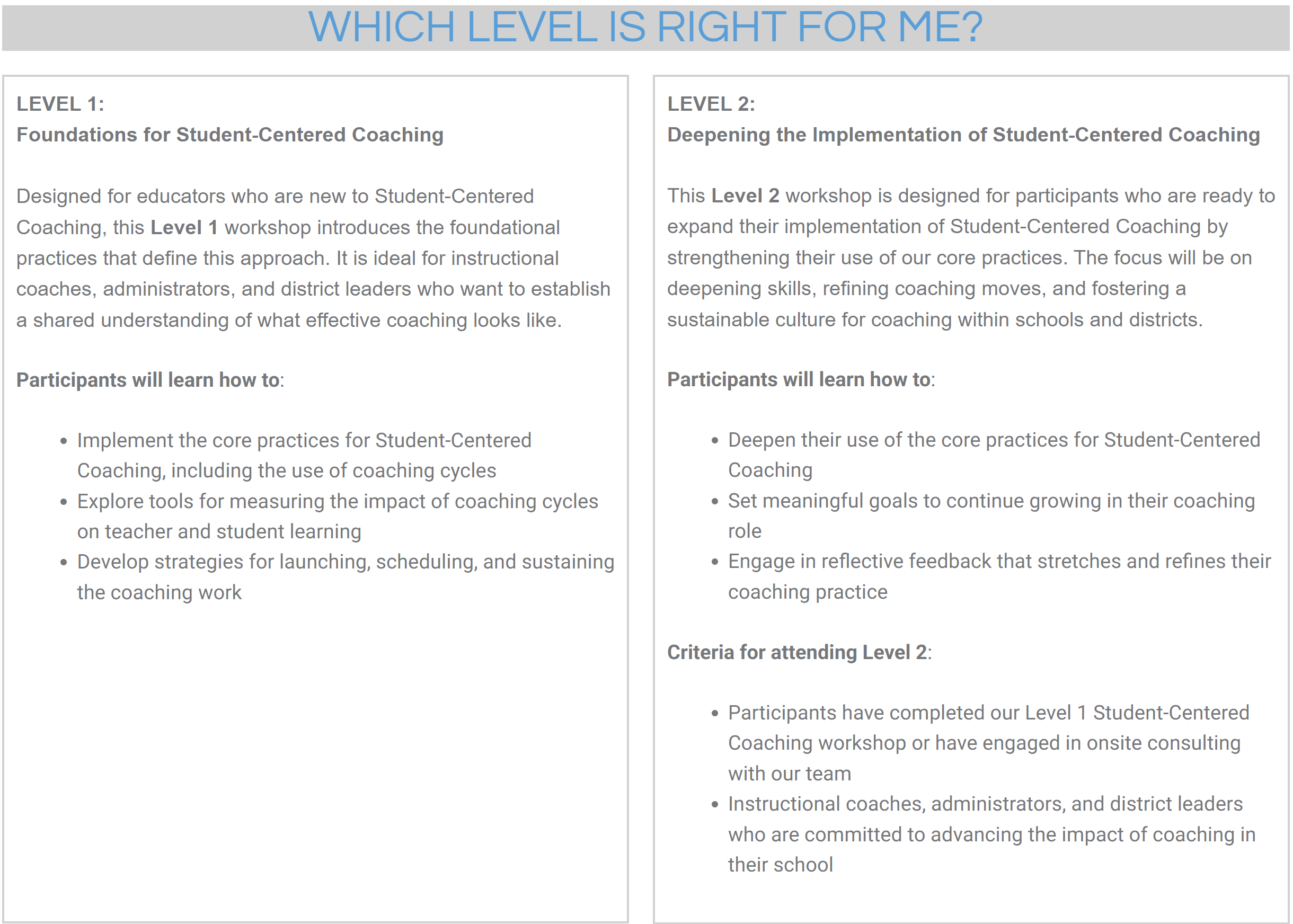New teachers are my favorite. As an administrator, I see them as a bundle of new energy with fresh ideas and a level of excitement that is unparalleled. Each year, the fresh crop of “I’m here to change the world” educators are the greatest gift we have to our students. I’m always excited to work with new educators who are passionate about children. It’s our job (as experienced teachers, instructional coaches, and administrators) to support them so they stay in the profession for a long time.
Grade-Level/Department Collaboration
This is an absolute must. New teachers must have the support of their team as they embark on their professional journey. Being a new teacher is one of the hardest gigs out there. Learning the school culture, the endless list of rules and protocols, and how to juggle all of the daily tasks is overwhelming to say the least. If the teacher across the hall has great lesson plans, they should share them! They aren’t enabling new teachers by giving them your plans. They are helping them get comfortable with all the other things so eventually they can do it well themselves. I’m not saying that the new teachers shouldn’t take ownership of those shared plans. If Mrs. Smith shares her reading plans, the new teacher should spend a significant amount of time reviewing the plans and making small tweaks to fit her class before implementing. After several weeks of this, then new teacher should then co-plan with the more experienced teacher before eventually taking on some planning responsibility his/herself. New teachers will inevitably drown without the support of their peers. Teacher life is hard and lonely without collaboration.
Providing the Opportunity to Observe Their Peers
Once their grade level colleagues have shared their lesson plans and ideas, the new teacher must have the opportunity to go and observe their plans in action. Nothing is more valuable for professional development than being able to observe your peers. I like to set an objective (focus on transitions, pacing, engagement, etc.) and have the instructional coach (IC) accompany the new teacher during the observation. This gives the teacher the opportunity to ask the IC questions and engage in conversation about the observation—and, most importantly, plan for implementation. In my opinion, peer observation is one of the most powerful (and free!) tools we have at our disposal. We must find time for this and make it a priority.
Continue Support into Years Two and Three
I have several new teachers now in year two and three who are absolutely thriving due to the continued support of the instructional coach. They’ve moved far beyond the basics of classroom management and basic Teach Like a Champion engagement strategies. In year two and three, they are working on more intentional differentiation strategies for their small groups, digging in deeper to their data to be sure they are meeting all the needs of their learners, improving their questioning—but they cannot do this without the continued support of their experienced teammates and the IC. They are taking on leadership roles on their team and doing more of the heavy planning (all with the quiet support of the IC behind them). The surface-level teacher “stuff” comes naturally now. This is the point when we see new teachers become leaders—and they are ready to help the next new teacher on their team.
I’ll never forget my year of teaching. I didn’t even know where to start with my planning. My classroom management was horrible. I taught with my door shut all the time. Parent emails scared the life out of me. I was on an island and I was terrified. It was a miracle I survived the year and my students learned anything. I’m grateful my current district sees the value in supporting new teachers, and I hope my first-year teachers never feel the way I did. Teaching is hard—and staying in the profession is even harder. We’ve all been there. It is imperative that we invest time and energy to make sure our new teachers feel supported. Take care of your people so they can take care of our little people.
Resources
Please login or register to claim PGPs.
Alternatively, you may use the PGP Request Form if you prefer to not register an account.




